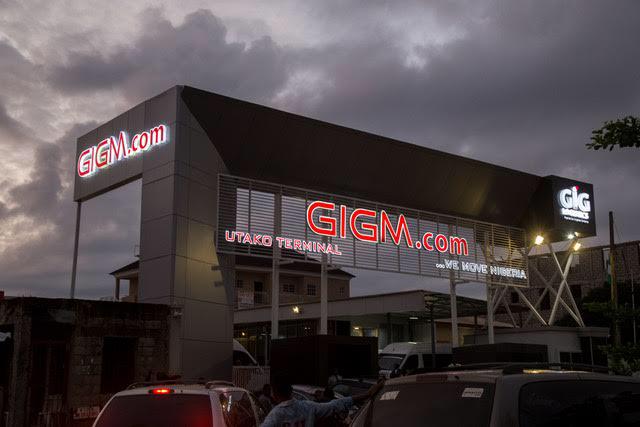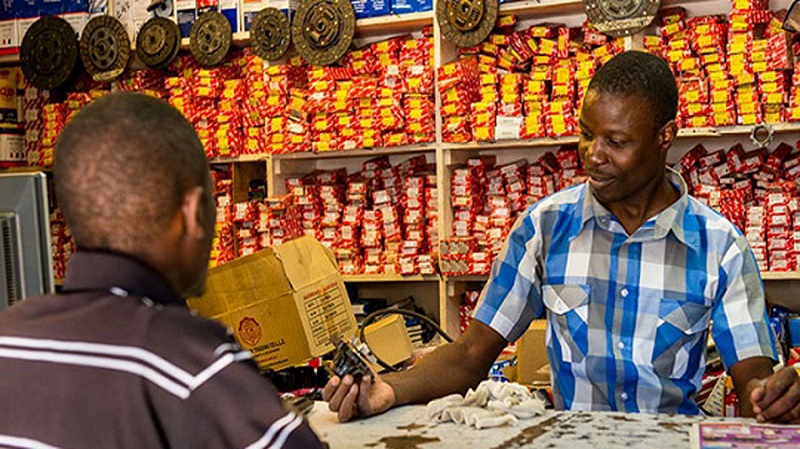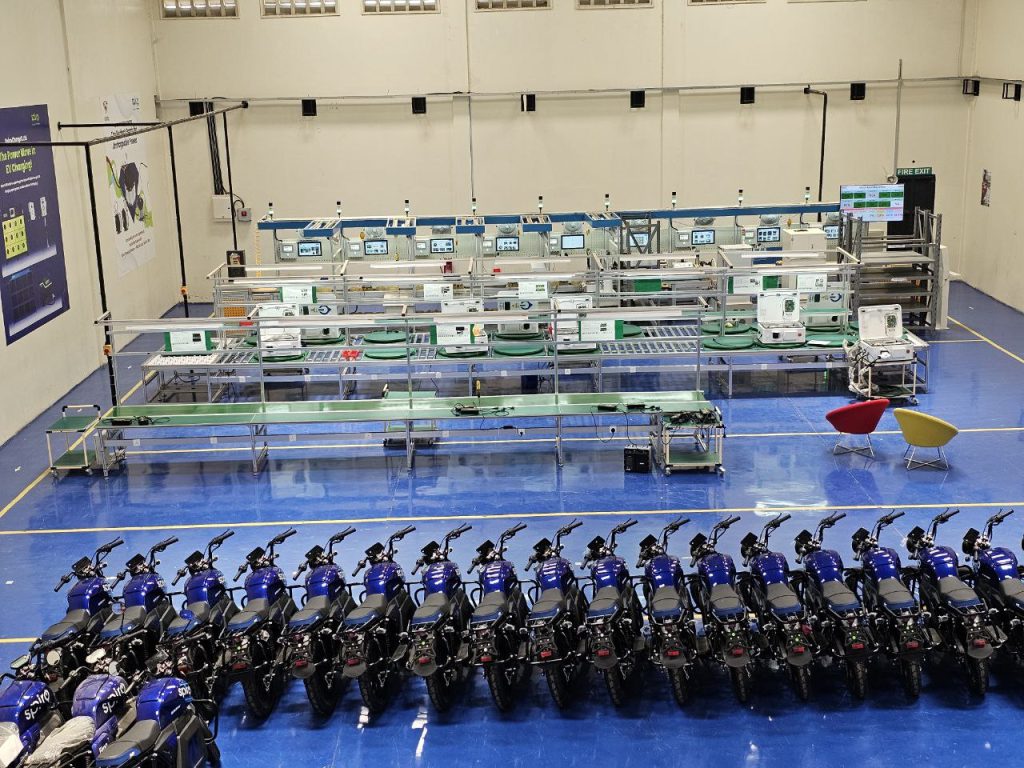Most people think of GIG Mobility (GIGM, formerly GIG Motors) as simply a road transport company, but according to Vuakpor Muoghereh, its chief operating officer, it has over the years focused on building out as a tech company playing in the transport space. To properly reflect this identity, the company recently took on the name GIG Mobility; which also aligns with their plan to extend service offerings and expand across Africa.
In what Muoghereh calls a “pan-African expansion”, the company plans to launch its tech-powered road transport services in Accra and Kumasi Ghana this month and will be going to East Africa next.
She also hinted that they are working on other means of transportation: “As a mobility platform, we have been working on varied means of transportation. Our goal is to afford people mediums to be moved freely and easily.”
TechCabal has gathered that these ‘varied means’ they are working on may include water and air transport services.
GIGM currently operates its fleet of buses through an end-to-end transport management solution consisting of software built in-house to handle most of the business; including vehicle tracking, emergency response, finance, and operations.
In like style, earlier this year, the company launched an enterprise partner program through which people who want to invest in road transport or build transport companies can buy vehicles and place them under GIG Mobility’s management while monitoring the activities of their buses through the application custom-built for the program.
These may eventually see the company own little or no vehicles of their own in the years to come, therefore concentrating on leveraging technology to manage fleets for partners.
Expansion to Ghana
Accra is the capital and largest city in Ghana, and Kumasi is the commercial and cultural capital of Asanteman (the Ashanti Kingdom of Ghana). GIG Mobility will operate a bus service between both cities.
Why Ghana? Muoghereh says they have been studying the country for years, they see opportunities there, and it’s close to home where it all started.
She explains that there is a lot of movement between both cities and that Ghana is underserved in terms of technology-enabled road transport, intercity. “For instance, they still operate the wait and fill model, and you see queues in bus parks.”
The wait and fill model refers to the practice of having buses at parks wait until the bus fills up with passengers before starting the trip. GIGM’s service allows passengers to book ahead and buses have fixed departure times.
“Interestingly there are similarities between Ghana and Nigeria but a few differences as well. Employment laws, statutory requirements, and cost of entry into the Ghanian market is quite high compared to Nigeria,” Muoghereh says of the business setup in both countries.
Her conclusion is that “overall, the country and its people provide a business-friendly environment, although some challenges the company had to grapple with in penetrating Ghana include: “Slight cultural differences, low adoption of technology for interstate/region transportation, low adoption of e-commerce transactions compared to Nigeria, and limited payment options for e-tailers.”
Mobile money is the popular payment method in Ghana, Muoghereh mentions. Momo, as they call it.
Ghana recently became the fastest-growing mobile money market in Africa as registered accounts increased six-fold between 2012 and 2017. Naturally, GIGM’s online booking platform for Ghana has mobile money as a payment option.
Although the company’s operations kick-off in the country with GIGM’s own buses, Muoghereh says “the enterprise partner program will run in Ghana and drive our operations there to a large extent as we expand within the Ghana terrain.”
Similarly, the planned expansion to east Africa will be driven by the enterprise partner program.
What is today GIG Mobility, started over twenty years ago as God is Good Motors, a bus-transport service in Benin City, Edo state and over the years grew to become one of the house-hold names in inter-city transportation in Nigeria. Upon the demise of founder Edwin Ajaere in 2009, his son Chidi took over the reins of the company at 21 and has led its transformation from a regular road transport company to the tech-focused company it has become today.
On the challenges of running a tech-focused company
Like many tech companies operating in Nigeria, finding and retaining premium tech talent has been challenging for GIG Mobility, especially since they build their platforms internally. The competition for talented software engineers is stiff and is not helped by the flux of engineers moving abroad or working remotely for companies outside Nigeria.
In Muoghereh’s words: “Finding talent and getting them to stay has not been easy, because the market for tech talent is very competitive.”
She mentions other adjacent tech services they have to depend on like payments, as a challenge, sometimes.
“Sometimes, these payment partners don’t understand the pain of merchants [like GIGM]. When a transaction fails at payment point, the customer doesn’t know about the payment partner, they are on your platform,” Muoghereh explains, how the failure of these partners can hurt their own brand.
(Recently, rumours of the ride-hailing platform, Bolt being hacked made the rounds on social media in Nigeria, and the company consequently denied and blamed the seemingly random debits on payments partners. Their statement read: “Our payment processor’s local partner delayed processing payments for trips from 13th and 14th September. The charges for those rides showed up on customers’ bank statements much later.”)
This conversation on payment partners, between Muoghereh and I, led to one on the possibility of delving into new sectors like fintech, which Muoghereh does not discount, she says as a tech company: “There is nothing impossible…no barriers.”
Being a tech company, for GIG Mobility, also means deploying ideas and tweaks to the business model might be slower as things have to be built. “But once you get it right, everything else happens faster,” Muoghereh shares.
For a company that has had a successful outing as a traditional road transport company, a solid operational base from over twenty years of transporting people inter-city, GIG Mobility seems to have a foothold, in terms of physical infrastructure and business experience, upon which to build a successful tech company in the transport space.




















